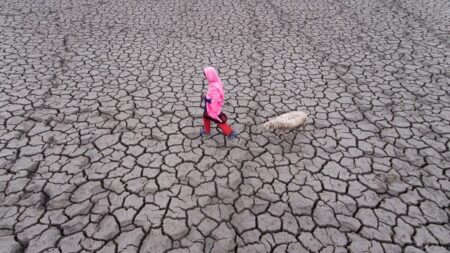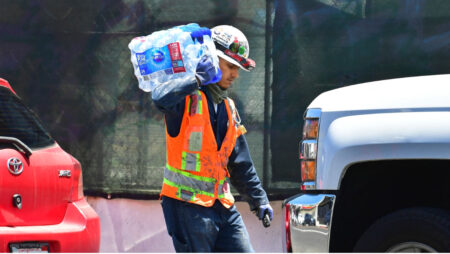According to research, it was observed, since the year 2015, more than half a trillion tones of virgin materials consumptions in the Paris climate deal. The countries are neglecting the massive impact on planet-warming emissions.
The research was done by the organization circle economy, from foods to clothing, planes to a building. It was estimated that 70 per cent of the greenhouse gas was linked to the use of products and manufacturing.
This was the annual report on the state of the world’s use of materials. And should ignore the mounting global appetite for stuff. The national climate pledges to control the emissions focus narrowly on Fossil Fuel use.
The reports say that there should be emissions implications of using fewer resources. People should not just focus on fossil fuels and the transition to green energy. People should implement methods to use fewer resources. The head of research at Circle Economy, Matthew Fraser, said it. He told AFP that if we reimagine our relationship with stuff, what would that bring us?. It is pretty significant.
THE CIRCULAR ECONOMY REPORT
The report estimated that the world could meet the Paris warming target of 1.5 degrees Celsius above the pre-industrial level if the economy is more circular and reduces resource extraction and consumption by 28 per cent.
Only a third of the nations needed to get considered for the emission goals. The report on the circular economy mentioned it.
Based on the national import and export, an analysis was made on the global material flows. In the research, national import and export figures were translated into the estimates of the materials used and reused.
The annual resource calculation has grown from 89.8 billion tonnes in 2016 to more than 100 billion tonnes in 2019. It was estimated to be 101.4 billion last year. It is estimated just 8.6 per cent of materials will be recycled in 2020. The circle economy found that almost all the extracted materials got wasted. They call it ‘the circular gap’.
The report identified several methods that can be practised across the sectors from food production to transportation that could help rein in the ever-expanding use of virgin materials.
Edited By- Kritika Kashyap
Published By- Saloni Agarwal












